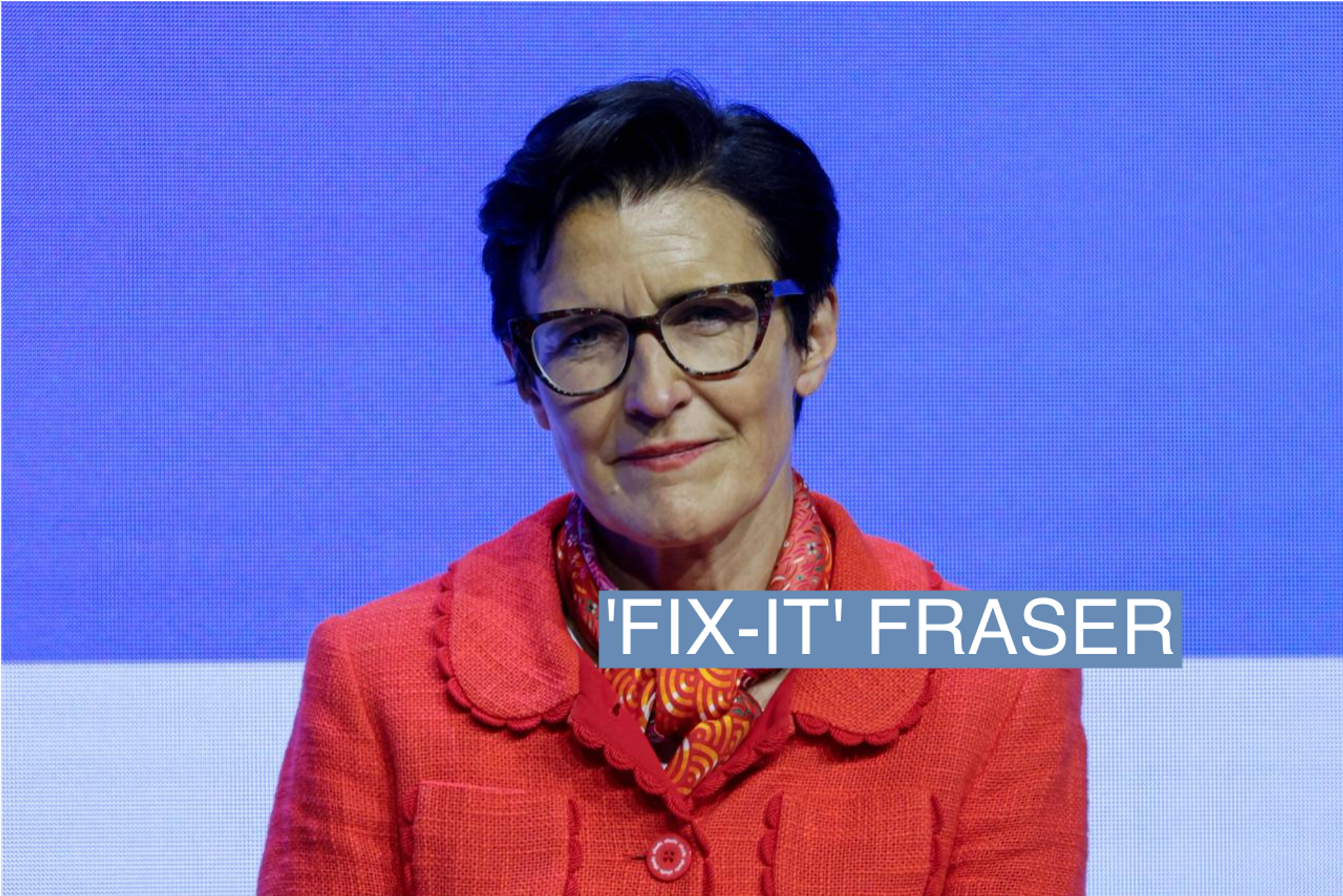The News
Citigroup on Friday said it was slashing 20,000 jobs or about 10% of its workforce, part of CEO Jane Fraser’s revamp of the bank which has lagged behind peers and posted “disappointing” fourth-quarter results.
The layoffs will save about $2.5 billion this year, according to the bank, which is trying to cut more than $50 billion of expenses. Fraser, who became CEO in 2021, announced a major restructuring in September and acknowledged it would cost jobs.
Citi was once one of the world’s biggest banks, built through a decade of dealmaking in the 1990s. The result was a sprawling, often unwieldy footprint that Fraser, a former McKinsey consultant, has pared back by spinning off the firm’s Mexican operations and pulling back from Asia. Citi shares trade at a steep discount to peers, and never recovered from the 2008 financial crisis.
SIGNALS
‘Citi’s offerings do not stand out’ but services will be critical for its rebound
Citi is seriously lagging behind competitors. Its return on tangible equity — a measure of how profitably it invests shareholders’ money — was 7.7% in the most recent quarter, less than half of competitors like JPMorgan and Bank of America and below the 10% floor that investors generally expect. Plans to bulk up its U.S. retail bank could help Citi reach its 11 to 12% ROTE target by 2027, but the industry is “fiercely competitive” and “Citi’s offerings do not stand out from rivals,” according to The Financial Times’ Lex investment column. Instead, “any rebound for Citi [in 2024] starts in its services unit,” the column opined, referring to the mundane business of helping multinational companies manage and move their cash. Highlighting these operations should “improve investor perception of Citi’s prospects.”
Bullish analysts optimistic about Citi’s restructuring
Under Fraser, Citi is “finally measuring [performance] in a way that they’re going to manage it,” Wells Fargo analyst Mike Mayo told CNBC. Citi is his top stock pick among banks for 2024 because years of lax management leaves it more room to improve. Still, Mayo warned that “history is not on Citi’s side to effectively execute.” The bank has bungled past turnaround efforts and spent “decades destroying trust.”
Wall Street bank’s first woman CEO faces tough road ahead
Fraser’s “honeymoon period” as the first woman to run a Wall Street bank is “running short,” Semafor’s Liz Hoffman wrote. “Expectations were high” after Fraser cemented her reputation as a “fix-it expert” with stints at McKinsey and Citi’s international operations, Hoffman said. But Citi’s problems “run deep:” it’s a deadbeat in Wall Street dealmaking, lacks a branch network needed to support a big retail bank, and its global footprint, crucial for corporate clients, is expensive to maintain. Citi’s top priority should be “elbowing its way back into wealth management,” Hoffman said, but that itself is difficult because “there aren’t many sizable companies to buy.”

